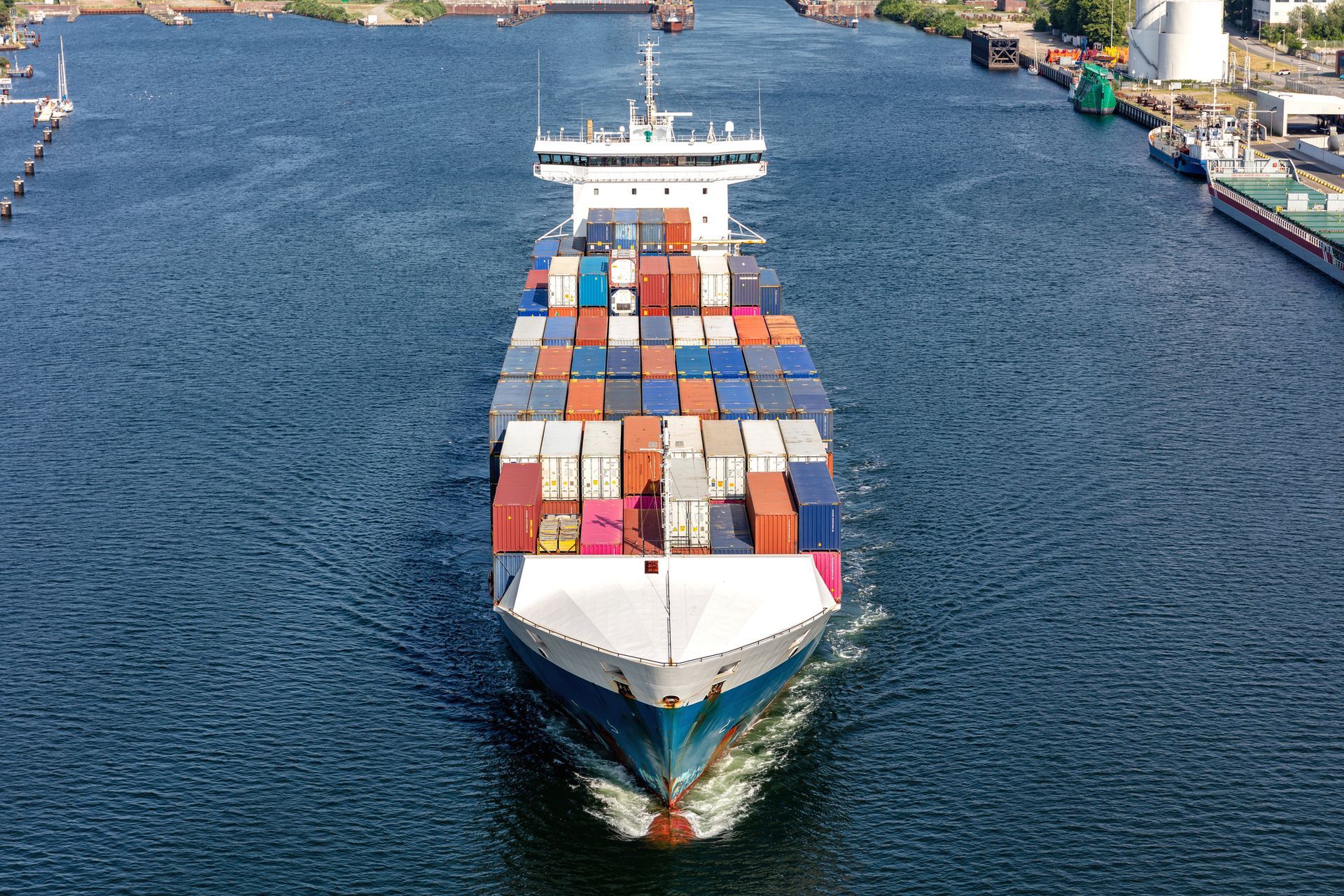
In the world of international trade, the Pro Forma Invoice stands out as an essential document for formalizing the intent to buy and sell goods or services between importers and exporters.
Although it lacks fiscal validity or binding character, it plays a crucial role in aligning expectations, facilitating negotiations, and serving as a foundation for subsequent processes, such as currency exchange or import license issuance.
This article explains how to correctly interpret a Pro Forma Invoice and identify the most appropriate Incoterm for your operations.
What Is a Pro Forma Invoice?
A Pro Forma Invoice serves as a preliminary sales commitment in international trade transactions. It is an informative document, without fiscal validity, that outlines the terms and conditions of the proposed transaction between exporter and importer.
Essentially a draft version of the final commercial invoice, it provides details about products, prices, payment terms, and other agreed-upon conditions. This invoice is critical for defining the correct Incoterm, which determines the responsibilities and costs of each party involved in the transaction.
Purpose of the Pro Forma Invoice in International Trade
The Pro Forma Invoice acts as a detailed negotiation proposal, including key information such as product prices, payment terms, delivery timelines, and transportation details.
Primarily, it helps the importer assess the feasibility of the operation and plan finances. It is also often required for customs procedures and import license applications.
Unlike a commercial invoice, the Pro Forma Invoice does not create a payment obligation. Issued at an early negotiation stage, it functions as a formal, detailed quote, establishing the basis for the final transaction.
What Information Should a Pro Forma Invoice Include?
While Brazilian customs regulations do not specify mandatory requirements for a Pro Forma Invoice, it is essential to include detailed information for clarity and accuracy. Key elements include:
- Exporter’s Details: Full name and contact address of the exporter.
- Importer’s Details: Full name and address of the importer.
- Item Description: Detailed descriptions, including quantity, NCM codes, unit price, total price, and measurement unit.
- Transportation Mode: Specify the mode of transport, such as air, sea, or land.
- Shipping Date: Indicate the expected shipment date.
- Incoterms: Clearly state the agreed-upon Incoterm to define responsibilities and costs.
- Shipping and Destination Locations: Specify the port of origin and the final destination.
- Net and Gross Weight: Include the weight without and with packaging.
- Packaging Type/Volume: Describe the packaging type and the number of volumes.
- Payment Terms: Detail the agreed payment terms, such as advance payment, cash on delivery, or installment plans.
Including these details ensures a transparent and successful international transaction, providing importers with all necessary information to complete the import process efficiently and within regulations.
Does the Pro Forma Invoice Have Legal Value?
While it lacks accounting or legal validity, the Pro Forma Invoice plays a critical role in international trade. Requesting its issuance before any international purchase is highly recommended, as it serves as a preliminary record of the agreement.
In disputes or operational issues, the Pro Forma Invoice can be used as evidence of the agreed terms between the exporter and importer.
Additionally, regulatory bodies, such as Brazil's Suext (formerly Decex), may request the Pro Forma Invoice to verify declared prices during import license applications. Similarly, customs authorities may require it during inspections or audits.
Although not legally binding, the Pro Forma Invoice is an important tool for documenting and supporting international trade transactions.
Differences Between Pro Forma Invoice and Commercial Invoice
The primary difference lies in the transaction stage at which each document is used.
The Pro Forma Invoice initiates the negotiation process, while the Commercial Invoice is issued after the transaction is finalized, alongside other documents like the Bill of Lading and Packing List.
The Commercial Invoice includes additional details, such as batch or serial numbers, which are essential for cargo identification during transportation and customs inspections.
The Relationship Between Pro Forma Invoice and Incoterms
Incoterms (International Commercial Terms) are standardized terms that define buyer and seller responsibilities in international transactions.
In the Pro Forma Invoice, the chosen Incoterm specifies who bears transportation, insurance, and customs clearance costs, as well as the point where risks transfer from the seller to the buyer.
For example:
- FOB (Free on Board): The seller is responsible for costs and risks until the goods are loaded onto the ship. After that, the buyer assumes all transportation-related responsibilities.
- DDP (Delivered Duty Paid): The seller covers all costs and duties to deliver the goods to the final destination.
Including the correct Incoterm in the Pro Forma Invoice is crucial to avoid misunderstandings and ensure all parties understand their responsibilities.
How to Use the Pro Forma Invoice for Logistics Planning
The Pro Forma Invoice is a powerful tool for logistical planning in international trade.
It allows the importer to calculate total operational costs, including freight, insurance, taxes, and customs duties. This estimate is critical for assessing the financial feasibility of the transaction and negotiating better terms with the exporter.
Additionally, it is often used as a supporting document for import license applications, currency exchange processes, and even financing requests.
With its detailed information on products, pricing, and payment terms, the Pro Forma Invoice serves as a reference for importers and regulatory or financial authorities.
Common Errors in Pro Forma Invoice Issuance and How to Avoid Them
Issuing a Pro Forma Invoice requires attention to detail. Errors or omissions can cause delays or even derail the transaction. Common mistakes include:
- Missing mandatory information, such as net and gross weight, technical specifications, and Incoterm details.
- Setting an insufficient validity period, rendering the document obsolete before negotiations conclude.
To avoid these issues, review the document carefully before sending it to the importer. Additionally, request a validity period of over 90 days to ensure smoother subsequent steps.
Conclusion
The Pro Forma Invoice is more than just a quote—it is a cornerstone of international trade, providing the foundation for successful negotiations and efficient logistics processes.
By interpreting this document correctly and ensuring it includes all necessary information, freight forwarders and brokers can prevent setbacks and ensure the success of international operations.
Identifying the correct Incoterm in the Pro Forma Invoice is a critical step in clarifying responsibilities and avoiding unexpected costs. With proper planning and strategic use of this document, it is possible to optimize processes and strengthen global trade partnerships.
Continue a navegar no blog da Allink

Mantenha-se informado sobre o comércio exterior
Assine nossa newsletter e receba atualizações semanais de forma gratuita sobre o mundo da logística.




